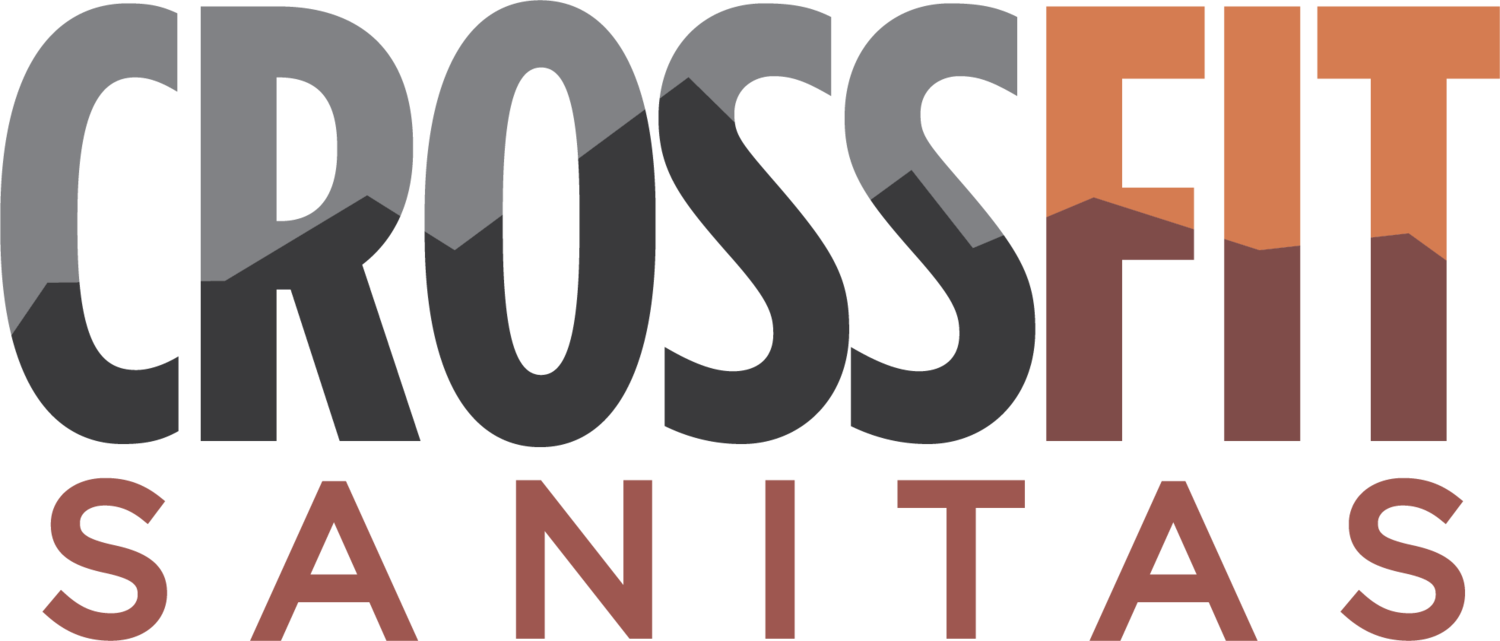Why Goals Don't Have to Be Measurable
I’ve been thinking a lot about goal setting recently. Every top notch athlete and coach will tell you about the importance of goals.
Watching the CrossFit Games this year, I found it interesting that when the top athletes are asked how they approach a workout, many of them have much more qualitative answers than you’d expect: for example, Kara Saunders explained that one of her goals for the Games was to stay mentally present in each moment rather than letting the exhaustion and stress carry her mind away from her. She talked about how she was working on keeping control of her breath in every workout. In a sport full of quantifying everything, this struck me as subjective and qualitative.
When I think about my goals it’s so tempting to just attach a reasonable number to something and call it a day: 25 unbroken pull-ups in 2 months, clean 225 lbs.
Those goals can be useful and they certainly have value. But the goals that I am really proud of are the ones that require more nuance, the ones that speak more to form and feeling rather than just numbers. The goals more similar to Kara’s goals at the Games.
For example, one of my recent goals has been to work on my overhead mobility. And while I could quantify the number of minutes I stretch per day (I’ll admit I do this), my goal is really about how my mobility feels. When I lay down on my back and bring my arms overhead I want them to rest on the floor. Now, after just three weeks of intensive mobility I can get them to touch the floor, and by some measures may have quantitatively achieved my goal, but it doesn’t feel easy and natural yet. I want that feeling — that feeling of ease in the overhead position is really my goal.
I have another goal, too, that’s not so quantifiable. I am working on my form with Olympic lifting. I am trying to fix my breath work with these lifts to support pelvic floor health in this early postpartum period. This means that I need to lower the weights on these lifts to support this goal. So not only is this goal more about form than anything else, but quantitatively it may appear a step backwards. But I know it’s not, and I plan to stick to it until I work through my form and strategy so I can start safely increasing numbers.
It’s hard to create and work towards this type of feeling goal since it is, by its very nature, more qualitative than quantitative. But I also think this type of feeling goal will make me stronger in the long run. It’s what’s going to give me a foundation of long term health. And a “feeling” goal may require a lot more thoughtfulness than just straight numbers.
Next time you have a moment to think about your goals, don’t underestimate the value of a qualitative goal. I think Kara Saunders is onto something.

